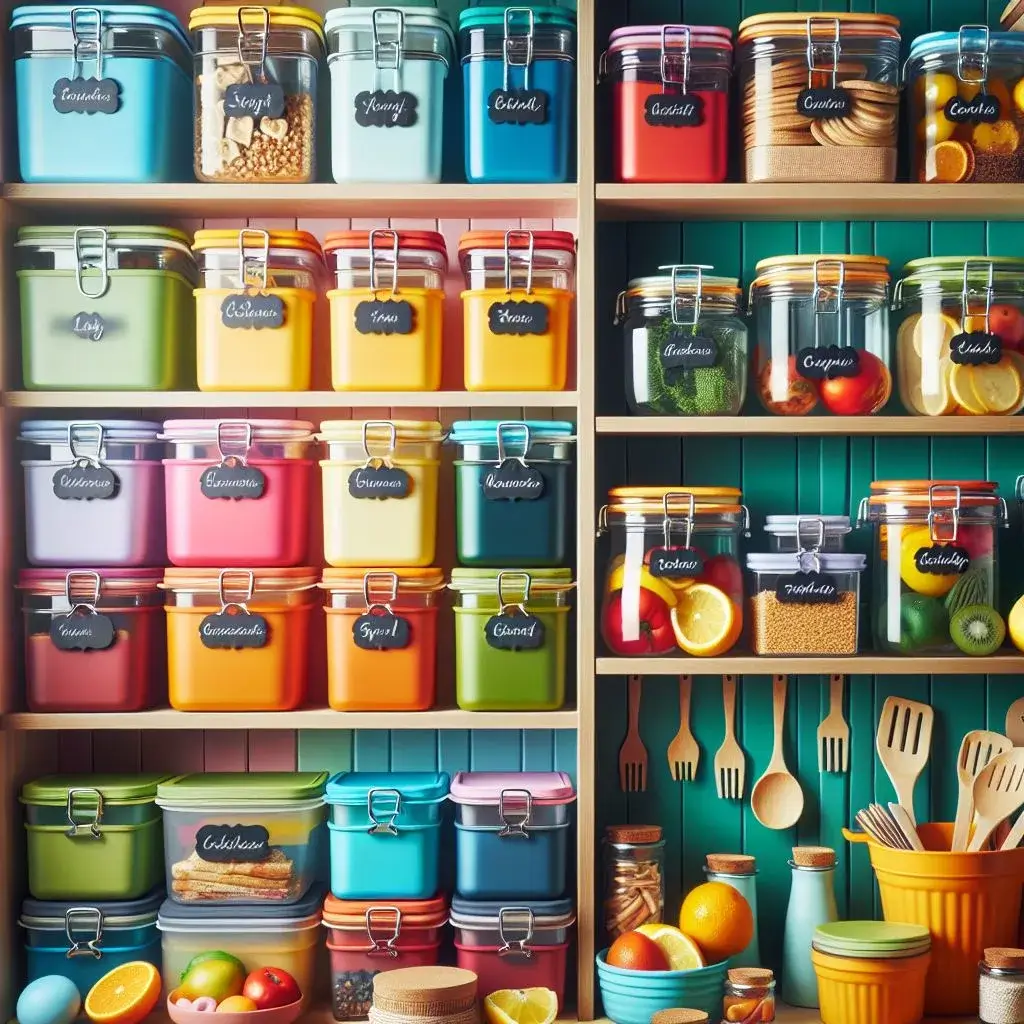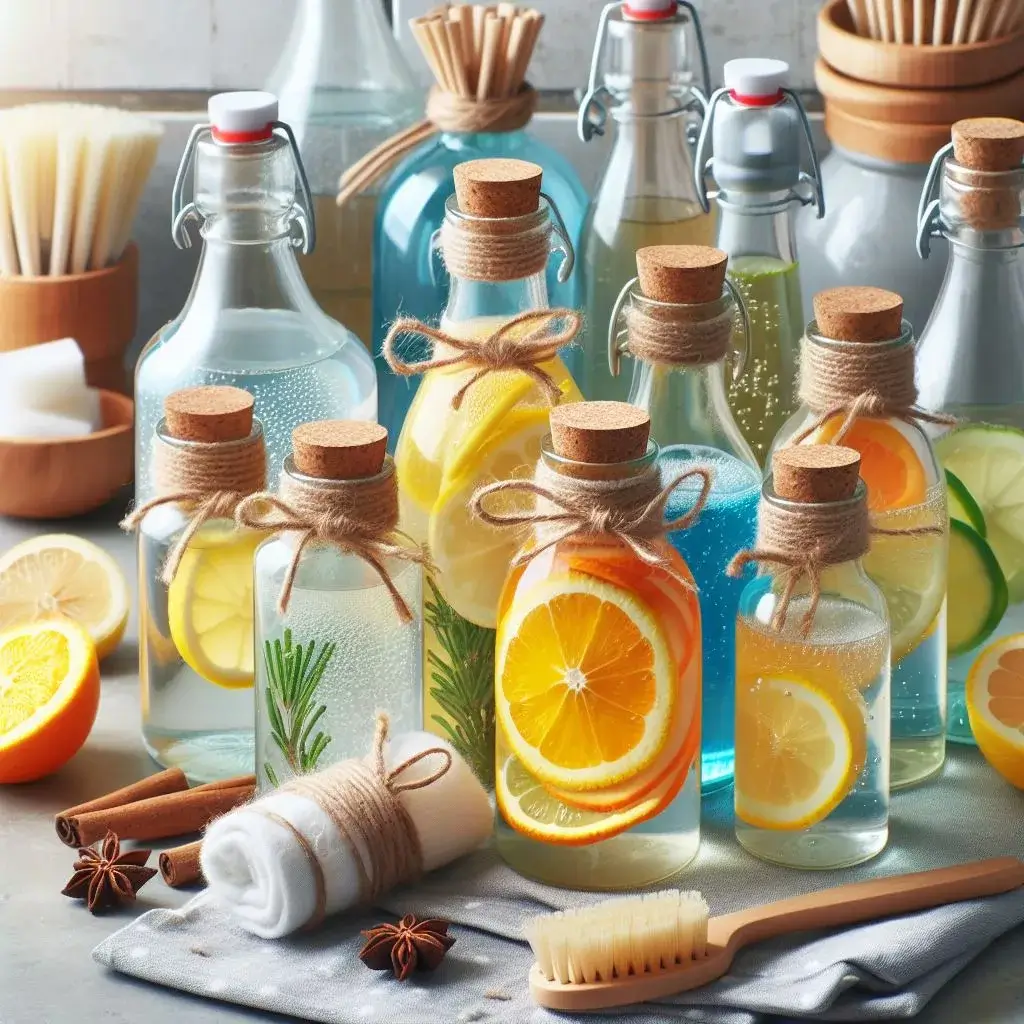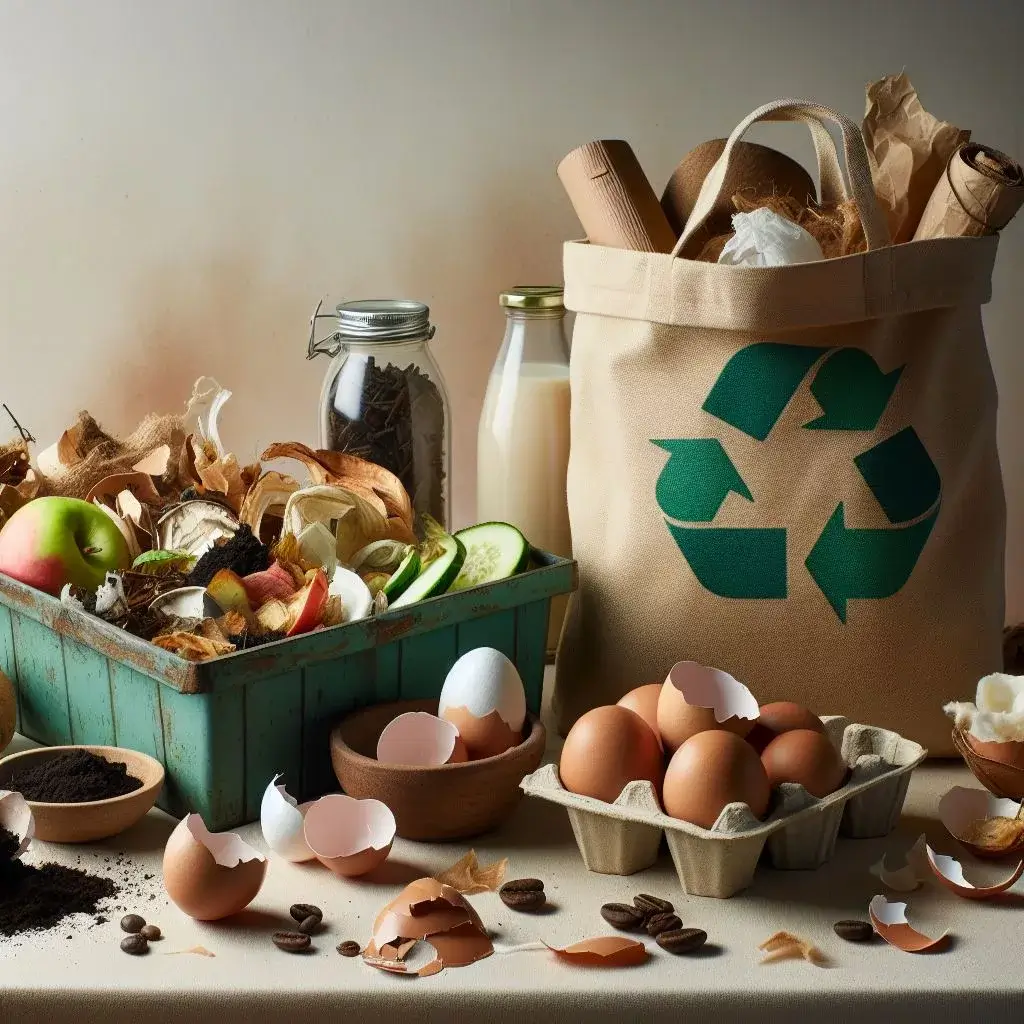Adopting a zero-waste approach in the kitchen involves minimizing the generation of waste and making more sustainable choices. Here are some tips and tricks for a zero-waste kitchen-I’ve become quite the master incorporating these on a daily basis in my kitchen 🙂
Bulk Shopping
Buy in bulk to reduce packaging waste. Take your own reusable bags, jars or containers to the store. Shop at stores that offer bulk bins for items like grains, legumes, nuts and spices-saves money too.
Reusable Containers

Use reusable containers for storing leftovers instead of disposable plastic wrap or aluminum foil. Invest in high-quality durable containers that can be used for a long time, less rubbish.
Composting
Set up a composting system for food scraps. Composting turns organic waste into nutrient rich soil. Compost items like fruit and vegetable peels, coffee grounds and eggshells. Kitchen compost bins create liquid fertilizer and compost pulp from food scraps which also include meat, bones and fish-I couldn’t do without my kitchen composter
Choose Reusable over Disposable
Opt for reusable items like cloth napkins, dish towels and shopping bags instead of single use paper products. Use washable, reusable dishes and cutlery instead of disposable plates and utensils-much nicer to eat with, no snapping or blunt cutlery or soggy bending plates.
DIY Cleaning Products

Make your own cleaning products using simple ingredients like vinegar, baking soda and essential oils. This reduces the need for single use plastic packaging. Purchase cleaning supplies in bulk or choose brands that offer refill options-much gentler on the eyes, hands and even pockets.
Eliminate Single Use Plastics
Say no to single use plastic items like straws, utensils and water bottles. Instead, use reusable alternatives made from stainless steel, glass or bamboo. Take your own reusable coffee cup to cafes-you may even have a favourite cup or two like I do 🙂
Meal Planning
Plan meals to reduce food waste. Create shopping lists based on your meal plan to avoid overbuying. Use leftovers creatively in new dishes to minimize food waste, some of my most flavoursome meals have eventuated from this.
Preserve Food
Preserve fruits and vegetables by freezing, canning or dehydrating them. Use glass jars for storing homemade jams, pickles and sauces, can’t beat glass jars for sterility.
Choose Sustainable Packaging
Look for products with minimal or eco-friendly packaging. Choose items packaged in glass, cardboard or other recyclable materials. Support companies that prioritize sustainable packaging practices-no parabens.
Upcycling
Get creative with upcycling food scraps. For example, use citrus peels to make natural cleaners or vegetable scraps for homemade broth. Turn old containers into storage solutions for organizing kitchen items-less clutter.
Water Conservation
Use water efficiently when washing dishes or cooking. Consider collecting and reusing water from rinsing fruits and vegetables for plants. Fix any leaks promptly to conserve water, even the washing machine water can be diverted and collected for watering the garden.
Educate and Advocate
Share your zero-waste practices with friends and family to inspire others. Advocate for policies and practices that promote sustainability in your community, just like me.

Remember that adopting a zero-waste lifestyle is a gradual process, and small changes can lead to significant reductions in waste over time. Find what works best for you and your household and gradually incorporate more sustainable practices into your routine.
